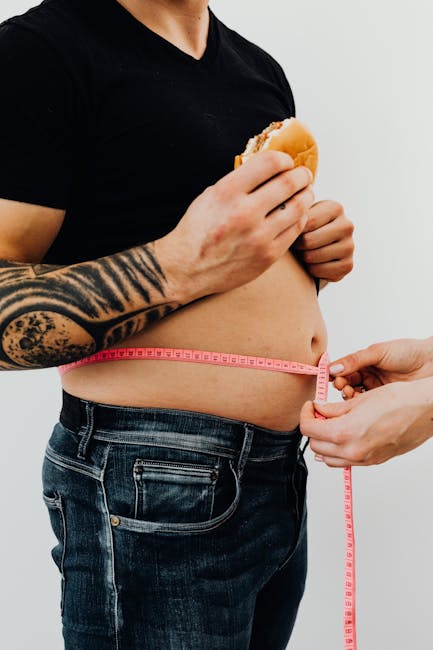Keto Diet Explained: How It Affects Your Metabolism
Welcome to the world of keto! If you’re new here, you’re in for a treat. The ketogenic diet has taken the health and wellness world by storm, promising everything from weight loss to improved mental clarity. But how does it actually work, especially when it comes to your metabolism? Let’s dive in! 🔍
Table of Contents
1. Introduction to the Keto Diet
2. How the Keto Diet Affects Your Metabolism
3. Benefits of a Ketogenic Metabolism
4. Potential Downsides to Consider
5. Conclusion
6. FAQ
Introduction to the Keto Diet
The ketogenic diet, often simply called “keto,” is a low-carb, high-fat eating plan that shares similarities with the Atkins and low-carb diets. The idea is to drastically reduce carbohydrate intake and replace it with fat. This reduction in carbs puts your body into a metabolic state known as ketosis. 🍳🥑
In ketosis, your body becomes incredibly efficient at burning fat for energy. It also turns fat into ketones in the liver, which can supply energy for the brain. But what does this mean for your metabolism? Let’s explore! 🚀
How the Keto Diet Affects Your Metabolism
When you consume fewer carbohydrates, your body’s glucose levels drop. Normally, glucose is the main source of energy for your cells, but in a low-carb environment, your body starts to look for alternative fuel sources. Enter fat and ketones! 🔄
Ketosis and Metabolic Rate: When you’re in ketosis, your metabolic rate can increase. This means your body burns more calories at rest, which can be a boon if you’re looking to shed some pounds. However, results can vary based on individual body types and lifestyles. 🏃♂️
Insulin Sensitivity: The keto diet can improve insulin sensitivity, which is great news for those with insulin resistance or type 2 diabetes. Lower insulin levels mean your body is better at using fat as fuel. 🩺
Benefits of a Ketogenic Metabolism
The benefits of a ketogenic metabolism go beyond just weight loss. Here are a few perks you might enjoy: 🎉
Increased Energy Levels: Many people report feeling more energetic on a keto diet. This is because fat is a more stable source of energy than carbs, preventing the infamous “sugar crash.”
Mental Clarity: With ketones supplying energy to your brain, you might find yourself thinking more clearly and being more productive. 🧠
Appetite Control: The high-fat content in the keto diet can help keep you satiated, reducing the temptation for unhealthy snacking. 🍕
Potential Downsides to Consider
While the keto diet has many benefits, it’s not without its challenges: ⚠️
Keto Flu: As your body adjusts to ketosis, you might experience flu-like symptoms such as headaches, fatigue, and irritability. This is temporary but can be unpleasant. 🤒
Nutrient Deficiency: Cutting out carbs also means you might miss out on essential nutrients found in fruits, grains, and vegetables. It’s important to plan your meals carefully to avoid deficiencies. 🥦
Social Challenges: Dining out or attending social events might become trickier as you navigate menus and food choices. 🍽️
Conclusion
The keto diet can be a powerful tool for transforming your metabolism and achieving health goals. However, like any diet, it’s essential to consider both the benefits and potential downsides. Always consult with a healthcare provider before making significant changes to your diet. 🩺
Ready to give keto a try? Remember, every journey starts with a single step—or in this case, a single meal choice. Bon appétit! 🥗
FAQ
Q1: What foods can I eat on a keto diet?
A: Focus on high-fat foods like avocados, cheese, fatty fish, and oils. You’ll also want to include protein-rich foods and low-carb veggies.
Q2: How long does it take to enter ketosis?
A: Most people enter ketosis within 2-4 days of starting the diet, but it can vary depending on your metabolism and activity levels.
Q3: Can I exercise on a keto diet?
A: Absolutely! In fact, many people find they have more energy for workouts once they’re fully adapted to burning fat for fuel.
Q4: Is the keto diet safe for everyone?
A: While generally safe for most people, those with certain medical conditions should consult a doctor before trying keto.
Q5: How do I know if I’m in ketosis?
A: Common signs include increased ketone levels in the blood or urine, reduced appetite, and sometimes a metallic taste in the mouth.
Thanks for reading, and here’s to your health and wellness journey! 🥳




Leave a Reply